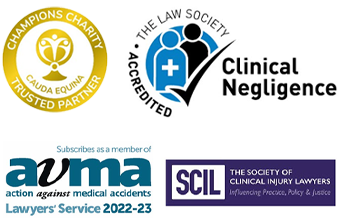Over half of rare cancers are being diagnosed in A&E because the NHS is failing to detect them in time.
Figures show that 57% of patients with Cancers of Unknown Primary (CUP) are being diagnosed after going to A&E or after having an emergency referral to hospital.
This means that GPs and other medical practitioners may have previously failed to detect the cancer, causing it to progress to the advanced stages.
CUP refers to patients that have cancer, but doctors do not know where the tumour originated. Often this happens because the primary cancer has been present for some time.
Due to the lack of treatment the tumour has spread to other parts of the body and grown, making it difficult to identify where the cancer began.
Around 44,000 people in the UK were diagnosed with CUP between 2006 and 2010, with only 16% surviving a year after diagnosis. These deaths could be minimised with earlier treatment.
Sadly, the NHS is failing to spot certain types of cancer in time, significantly reducing a patient’s prospect of survival.
This was highlighted by Rosie Loftus, of Macmillan Cancer Support, who said: “too many people with rarer cancers are not being recognised until a later stage, which reduces their chances of survival.”
Delayed diagnosis of cancer
If you or your loved one has suffered because of a delayed cancer diagnosis, get in touch with us today to discuss your options.
If we believe that the care provided by medical practitioners fell below a reasonable standard, you will be entitled to pursue a medical negligence compensation claim.
Share Article With:

|

|

|

|

|

|



